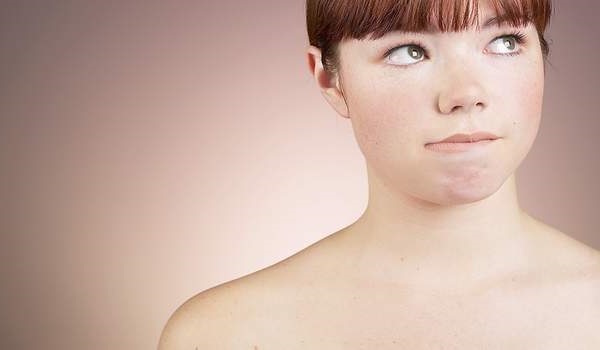WHAT IS ROSACEA?
Rosacea is a chronic incurable skin condition characterised by it’s colour, red, dilated blood vessels and small pimples affecting the central part of the face.
Rosacea may be confused with sunburn, sensitive skin rosy cheeks or even acne when tiny pimples are present.
There may be associated swelling and an overgrowth of oil- secreting glands of the nose causing it to be enlarged called Rinophyma which is more common in men.
Rosacea may have flares and remissions but is easily controllable and managed medically .It affects people in the 30-60 age group with fair skin and blue eyes. It is more common in women but tends to more severe in men.
If left untreated can gradually worsen. The flushing and redness associated with Rosacea can lead to embarrassment ,low self esteem and loss of confidence.
CAUSES + TRIGGERS
The exact cause of Rosacea is unknown but suspected causes/triggers are;
-
Genetic factors- does run in families but a genetic link is yet to be proven
-
chronic sun exposure,
-
gastrointestinal disease,
-
medications that cause vasodilation
-
a mite that is sometimes found in the hair follicle called Demodex Folliculorum.
Some triggers are;
-
emotional factors- stress
-
change of weather
-
exercise
-
alcohol
-
spicy foods
-
menopause
DIAGNOSIS
In some cases a skin scraping may be performed by a Doctor to ascertain whether Demodex Folliculorum is present and causing what appears to be Rosacea.
A skin culture may also be performed to exclude a Staph or Herpes infection.
A blood test may also help to exclude less common causes of facial blushing such as Systemic Lupus or other autoimmune diseases.
TREATMENTS
With appropriate treatment Rosacea can be controlled.
-
avoid factors that induce flushing
-
avoid oil based creams and makeup
-
avoid the use of topical steroids as initially sufferers may see improvement but long term use may increase sensitivity and make the Rosacea more severe
-
use sunscreen with a zinc base as they offer superior sun protection
-
avoid harsh soaps and lotions and vigorous scrubbing of the face and overwashing
Available treatments include antibacterial and sulphur based washes, topical creams oral antibiotics pulsed light therapies photodynamic therapies and some acne treatments although this may increase sensitivity.
Oral non –steroidal anti-inflammatory agents used for Rosacea may reduce discomfort and redness initially but have been associated with uncommon side effects such as peptic ulceration and hypersensitivity in the long term.
Preparations containing Azelaic acid may be of value and may take up to 6 weeks to see results.
Foods to be avoided
-
red wine/alcohol
-
chocolate
-
dairy
-
soy sauce
-
yeast
-
eggplants, avocados, spinach
-
beans-navy, lima, peas
-
citrus fruits bananas, plums, figs
Ingredients found in skin care products which may irritate or cause sensitivity
-
Alcohol
-
Witch Hazel
-
Peppermint/menthol
-
Fragrance
-
Salycilic acid
Early intervention for those sufferers of Rosacea to halt the progression of symptoms
www.aad.org/pamphlets/rosacea.html
www.dermnetnz.org/dna.rosacea/ros.html
http://emedicine.medscape.com/article/1071429-overview
http://www.rosacea.org





